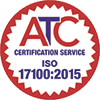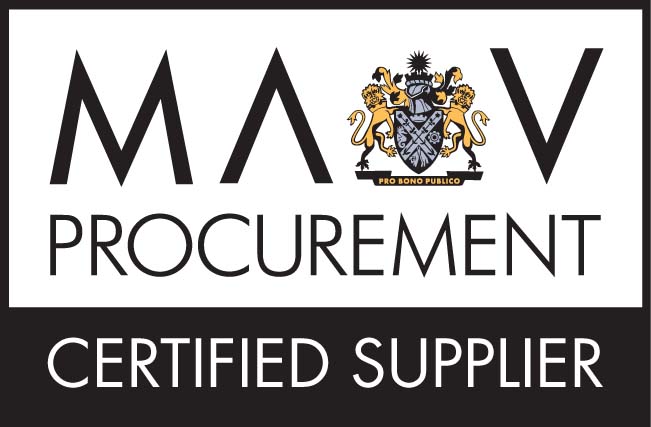What is a certified translation?
A certified translation is a confirmation that a translation which has been completed is an accurate version of the original. Each country has different rules about what qualifies as a certified translation, so if you have been asked to provide a translation by a government immigration department, an employer or educational institution, it is important to find out exactly what the local rules are about what a certified translation actually is in that country.
To give you an example of how different these definitions are, take the requirements of the U.S. Citizenship and Immigration Service (USCIS), the E.U.’s different jurisdictions and the Australian Dept of Home Affairs as examples.
In the U.S., professional translators do not need to be accredited or recognized in any way by a state or federal government, although many are members of the American Translators Association (ATA). All documents that are to be submitted to the USCIS must simply be ‘certified’ by the translator. This is just a statement and signature by the translator confirming that the translated copy was an accurate version of the original sighted.
In the E.U. each member country has different rules, but most require translations to be completed by a “sworn translator”. This is a translator whose credentials have been recognized by the relevant national court system. In many E.U. countries, translations may also have to be accompanied by an Apostille, which is a system recognised by the Hague Convention.
In Australia, government authorities demand that all translations are completed by an accredited translator and accompanied by a signed certificate from the translator. Professional translators in Australia are accredited with the national accreditation authority, NAATI, which ensures high standards of both translation and interpreting.
What documents may need certified translation?
- academic documents – these are things like degrees, diplomas and certificates.
- immigration documents – these are things that are required for visa applications or citizenship applications. They may include birth and marriage certificates, educational and professional qualifications, job summary, transcripts from former employers, financial documents, criminal record checks, etc.
- legal documents – these are anything that have a weight in a country’s official legal system. They could include the documents already listed above as well as court documents and proceedings, divorce certificates (so that someone can legally marry in another country), credit statements which confirm that someone is not bankrupt, or facing debts and professional or trade qualifications.
Are you looking for professional, reliable translations for your documents?
If you haven’t really thought about who should translate your documents for you, you should. You may need a certified translation, or one completed by an accredited translator. You may need a translation together with a stamp by a notary or an Apostille. Whatever the rules are, these will depend on the recipient of the documents that need to be translated.
Professional translators of repute who regularly translate official documents will know what the correct procedure is. You also need to know what the procedure is before submitting your documents for translation, otherwise you may get a shock if the application you had sent is returned to you because the documents you have submitted are not recognized.


















